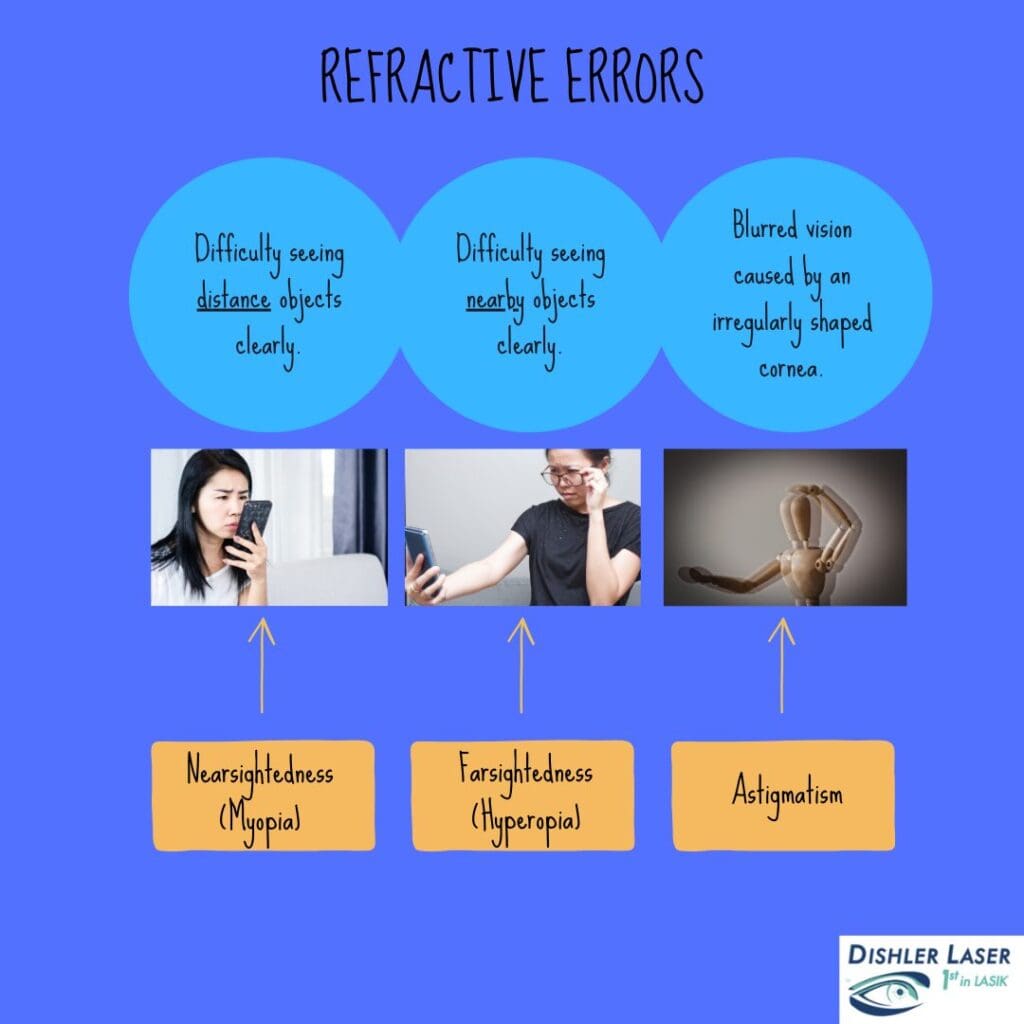Understanding LASIK Surgery: Are You a Suitable Candidate?

LASIK surgery is a widely favored and effective solution for correcting common vision issues such as nearsightedness, farsightedness, and astigmatism. It can provide the freedom of clear vision without relying on glasses or contact lenses. However, not everyone is an ideal candidate. If you’re thinking about LASIK, it’s essential to understand the factors that determine eligibility. This guide will help you assess whether LASIK is the right choice for you.
Stable Vision
Your prescription needs to be stable for at least one year before considering LASIK. Fluctuating vision could indicate that your eyes are still changing, which could affect the results and lifespan of your surgery.
Your Vision Prescription
LASIK is typically suitable for individuals with mild to moderate refractive errors, including:

If your prescription is very high, LASIK may not fully correct your vision, and other procedures like PRK or implantable lenses might be recommended.
Age Considerations
The best candidates for LASIK are adults over 18 years old, with fully developed vision. Most surgeons recommend waiting until your mid-20s when your prescription has likely stabilized. If you’re older, LASIK can still be a great option, but it’s essential to discuss age-related factors like presbyopia, a condition that affects near vision as you age.
Overall Eye Health
Healthy eyes are critical for LASIK success. Conditions like dry eye syndrome, keratoconus, or severe allergies may disqualify you from LASIK or require treatment before surgery. Additionally, if you have a history of eye infections, glaucoma, or cataracts, your surgeon may need to assess whether LASIK is the best option for you.
Corneal Thickness/Corneal Shape
LASIK reshapes the cornea to improve vision, so having sufficient corneal thickness is essential. A thin cornea might not provide enough tissue for safe reshaping, making you a better candidate for other vision correction procedures. The shape of the cornea is also important in determining whether LASIK is a safe option. Irregular corneal curvature or asymmetric astigmatism may disqualify you for LASIK, however, PRK may be an option.
Overall Health
Certain health conditions can affect your ability to heal after LASIK. For example, autoimmune diseases like Rheumatoid Arthritis or Lupus, Diabetes, or taking medications that suppress your immune system may slow recovery or increase the risk of complications. Discuss your overall health with your surgeon to determine if you’re a suitable candidate.
Realistic Expectations
LASIK can dramatically improve your vision, but it is not a guaranteed path to perfect vision. While many people achieve 20/20 vision or better, some may still need glasses for specific tasks, like night driving or reading as they age. It’s important to understand the potential risks and benefits and discuss your expectations with your surgeon.
Conclusion
If you’re interested in LASIK surgery, the first step is to schedule a consultation with us. We will evaluate your eyes, health, and lifestyle to determine if you are a good candidate for the procedure. LASIK has helped millions of people achieve clearer vision and greater freedom from glasses and contacts, but it is essential to make an informed decision based on your unique needs.
By understanding the criteria for LASIK candidacy, you get to take a step closer to seeing the world with clarity and confidence. Contact us or schedule your free consultation today!
